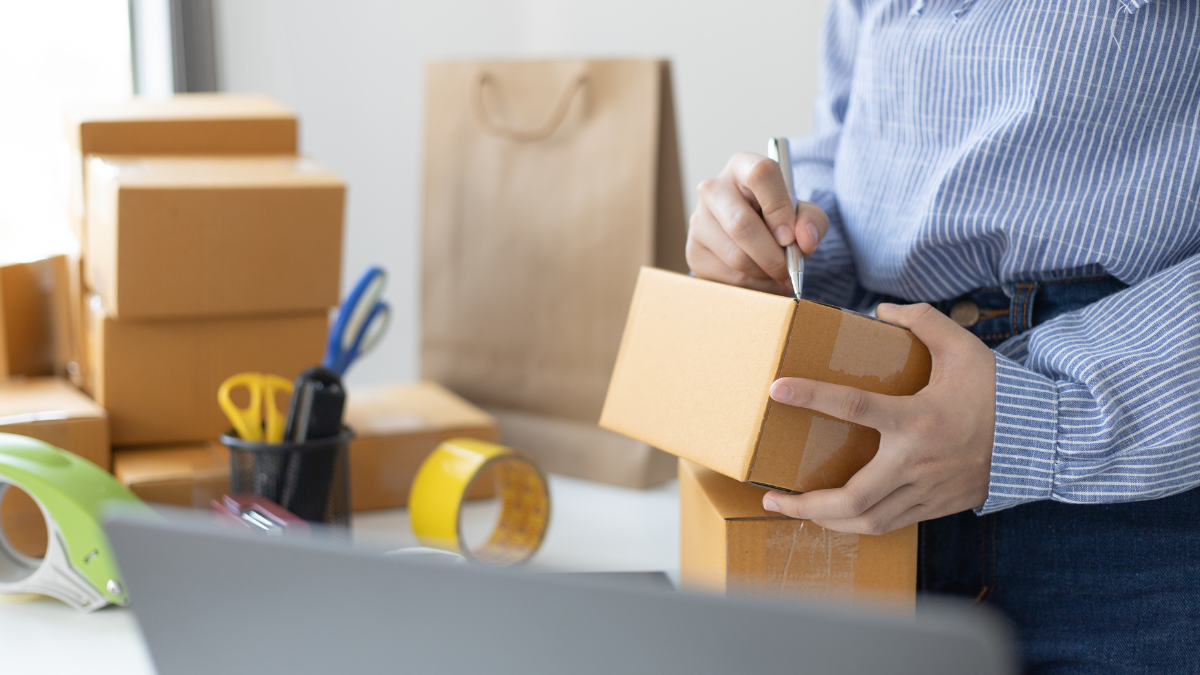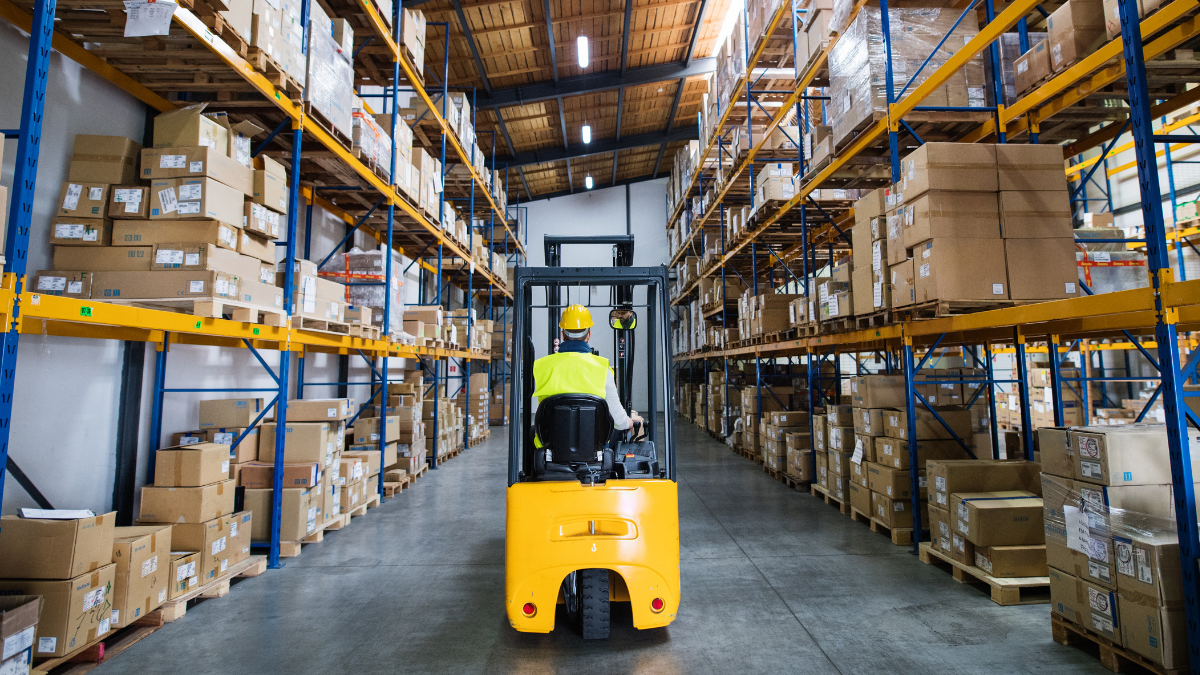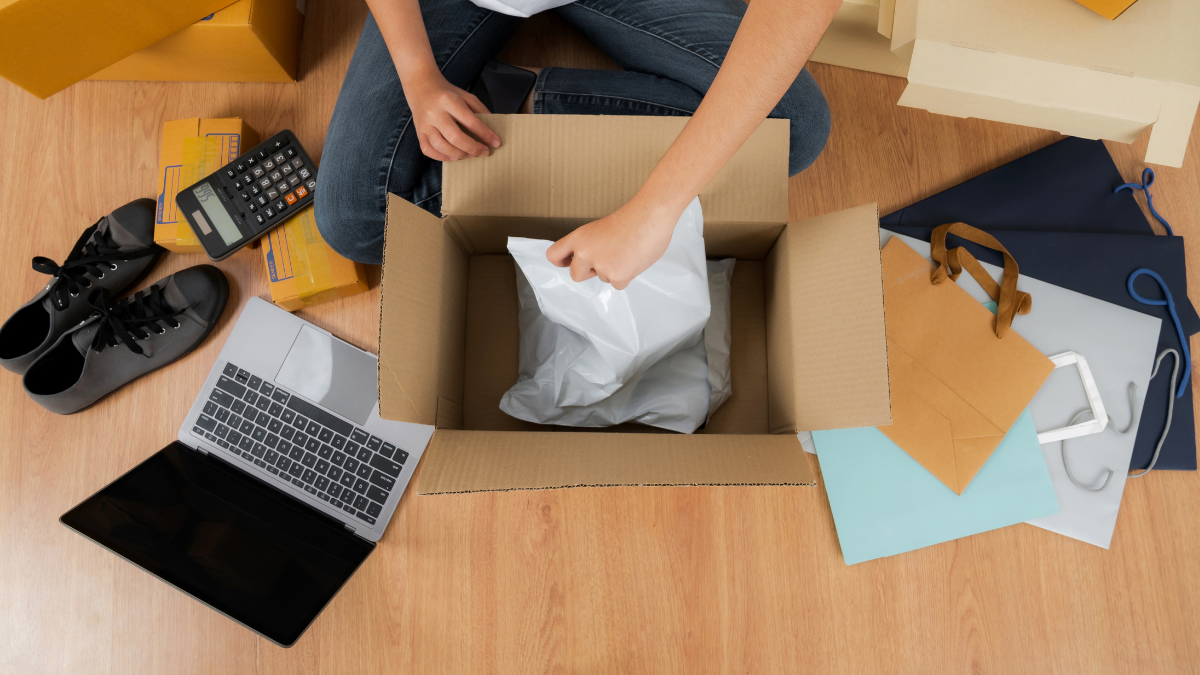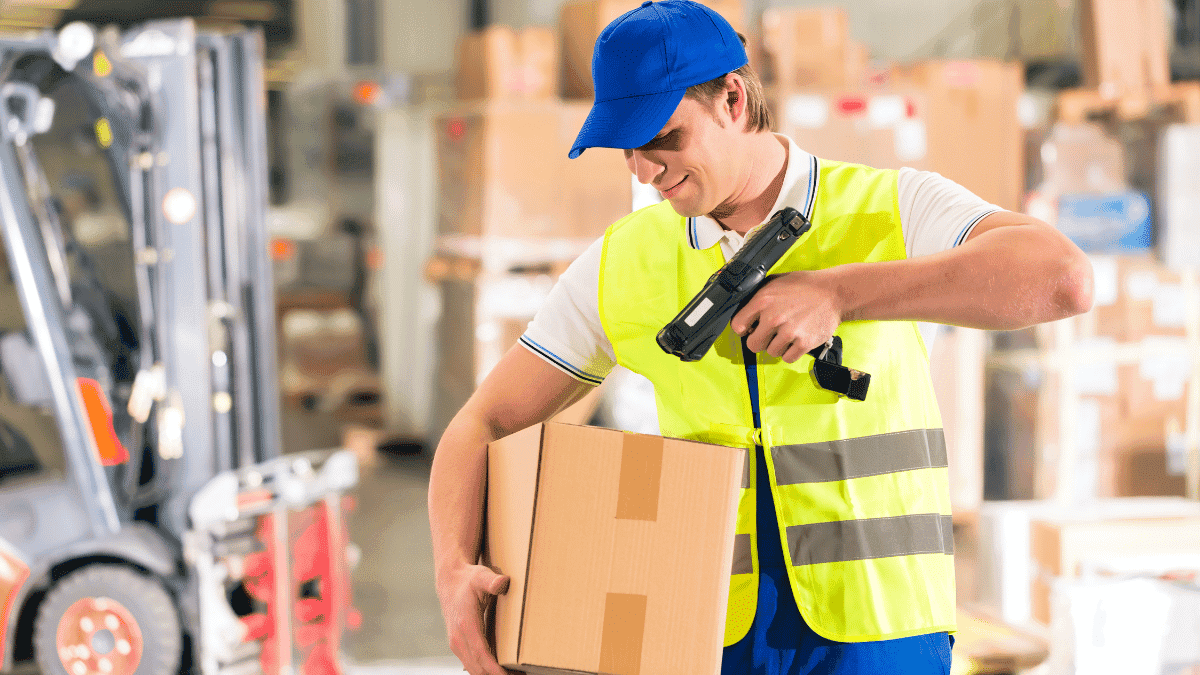As the buzz intensifies for Amazon's launch into South Africa, you've likely heard about Amazon FBA (Fulfilment By Amazon) - but what exactly is it? It's time to take a closer look at what this means for South African sellers. Amidst the excitement of choosing the right seller plans and navigating fee structures, there's a crucial aspect that demands attention: seller logistics. Enter Amazon FBA – your secret weapon in the battle against logistical headaches. Say goodbye to the stress of fulfilment and hello to a more streamlined approach. In this blog we’ll be delving into what Amazon FBA South Africa entails and explore its potential implications for you - should you sign up for it.
Amazon FBA, or Fulfillment by Amazon, is a service offered by Amazon that enables sellers to store your products in Amazon's fulfillment centers in South Africa. When a customer places an order, Amazon picks, packs, and ships the product on your behalf as the seller.
Additionally, Amazon handles customer service inquiries and manages returns, streamlining the entire fulfillment process for sellers. This service allow you as a seller to leverage Amazon's extensive logistics network and infrastructure to reach customers more efficiently and scale your businesses without the logistical challenges of warehousing and order fulfillment - which can often be time consuming.
Amazon, a global giant, boasts over 175 fulfilment centres worldwide, spanning an impressive 150 million square feet of storage space. But what does this mean for sellers in South Africa? Well, when it comes to selling your products on Amazon in this region, you've got two main options: Amazon Easy Ship or Amazon FBA,
- With Amazon Easy Ship, sellers handle inventory fulfilment through Amazon's trusted couriers, ensuring direct delivery to customers. Whereas, Amazon FBA presents a different approach – you simply send your products to the fulfilment centre, and Amazon takes care of the rest.

- First things first, you'll ship your products off to an Amazon fulfilment centre. Keep in mind that this applies to eligible products weighing up to 20kgs. Once your products arrive, Amazon takes over, storing them safely until an order is placed. When a customer clicks that 'buy' button, Amazon FBA springs into action. They handle everything – from packaging and labelling individual orders to shipping them straight to your customer's doorstep. This means you can wave goodbye to the hassle of dealing with the nitty-gritty logistical details of online selling.
- Let's face it – managing shipping processes can be time-consuming, especially when you've got a business to run. But with Amazon FBA, you can kiss those headaches goodbye. Instead, you'll only need to worry about occasional restocks at the fulfilment centre – a task that comes with reduced courier fees, no less. And hey, what about customer returns? Not to worry – Amazon FBA has got you covered on that front too. So sit back, relax, and let Amazon FBA handle the heavy lifting while you focus on growing your ecommerce business

- First off, you no longer have to worry about the tedious tasks of packing, labelling, and shipping your products. With Amazon FBA, all of that heavy lifting is taken care of by, you guessed it, Amazon itself. This means you can reclaim precious hours in your day, especially if your inventory tends to fly off the shelves.
- When it comes to returns, we all know they're part and parcel of an e-commerce business, but they don't have to be time consuming. Thanks to Amazon FBA, you no longer have to handle customer complaints and queries about your products. Amazon steps in as the main point of contact for your customers, offering 24/7 customer support, handling returns, and addressing any inquiries that come their way. Sure, there's a processing fee involved, but trust me, it's a small price to pay for the peace of mind and time saved.
- Amazon FBA can give your products a boost in the search results. Let's face it, online marketplaces like Amazon are highly competitive. So, any opportunity to boost your sales and increase visibility is worth its weight in gold. With Amazon FBA in your corner, you're not just selling products – you're setting yourself up for success.

What does Amazon FBA South Africa Cost?
- Before selling on Amazon FBA it's essential to grasp its financial impact on your products. While the perks are undoubtedly tempting, they do come with a price tag in the form of fulfilment fees , inventory storage fees and more. These costs are a crucial consideration when calculating the overall expenses of selling on Amazon South Africa.
- Amazon FBA South Africa operates on a pay-as-you-go model. This means that storage and fulfilment costs are incurred on a per-unit and per-order basis. It's vital to factor these expenses into your selling strategy to ensure you're making informed decisions about your business's finances.
Fulfilment Fees
- Let's talk about fulfilment – the backbone of any successful e-commerce business. It's the process of storing, packaging, labelling, and ultimately delivering products to eager customers. Now, when it comes to Amazon FBA program in South Africa, fulfilment fees are a crucial piece of the puzzle.
- Fulfilment fees are determined based on factors like product type, size, shipping weight, or dimensions. For South African sellers on Amazon, the fulfilment fee journey begins at R27 per unit (excluding VAT) for products weighing between 0 and 250 grams. But hold on, it doesn't stop there. The overall fulfilment fee structure spans from R27.00 to R87 per unit for products weighing up to 30kgs.
- So, whether you're selling feather-light trinkets or heavy electronics, understanding these fulfilment fees is key to making informed decisions about your e-commerce business's bottom line.
Monthly Storage Fees
- When you store your products at Amazon Fulfilment Centers, it's essential to understand the monthly inventory storage fees that come with it. These fees are calculated based on the daily average volume of space your products occupy within the centre.
- Now, here's where it gets interesting: The cost of storage fluctuates depending on factors like the cubic size of your product and the time of the year. Typically, there's a variance in costs between January to September and October to December. However, as a general rule of thumb, you can expect to pay around R36 per cubic metre per month, excluding VAT.
Other Amazon FBA Costs
Aged Inventory
- Beyond the standard fulfilment and storage fees, there's another factor to consider: aged inventory. While this practice is currently prevalent in the American market, it's essential to be prepared for potential similar charges within Amazon South Africa. Amazon conducts an inventory clean-up on the 15th of each month, flagging any products that have been stored for 181 days or longer. If you find your products in this category, brace yourself for potential fees. Slow-moving stock within fulfilment centres could result in deductions from your account balance or charges to the credit card linked to your account.
Refund Administrative Fee
- When it comes to managing returns, Amazon FBA offers a sigh of relief by sparing you the hassle of handling customer returns. However, this convenience does come at a cost. In the event of a full refund for a product, Amazon retains 20% of the original order-related fees, capped at R94 per product within the refund. But here's the catch: the administrative fee amount can fluctuate depending on whether the refund is full, partial, or for a single item order.
Removal, disposal and liquidation orders
- Should you find yourself in a situation where you need to remove inventory from an Amazon Fulfillment Center, be prepared for removal fees to come into play. These fees are charged per item removed from the center, making it important to consider the potential costs involved in managing your inventory effectively.
Why you should consider Amazon FBA South Africa
- As we come to the end of our exploration into Amazon FBA in South Africa, it's important to reflect on the significance of this fulfilment option for your business. While Amazon FBA undeniably offers a range of benefits, including streamlined operations and access to Amazon's vast customer base, it's essential to remember that it's just one of three fulfilment options available to you.
- Ultimately, the decision to opt for Amazon FBA should be based on a careful consideration of your own business needs and operations. Take the time to weigh the pros and cons, and consider how Amazon FBA aligns with your long-term goals and objectives. Remember, you have the power to choose the fulfilment strategy that works best for you.
Share
Subscribe to our Newsletter
Subscribe to our monthly newsletter for insights on e-commerce in South Africa
